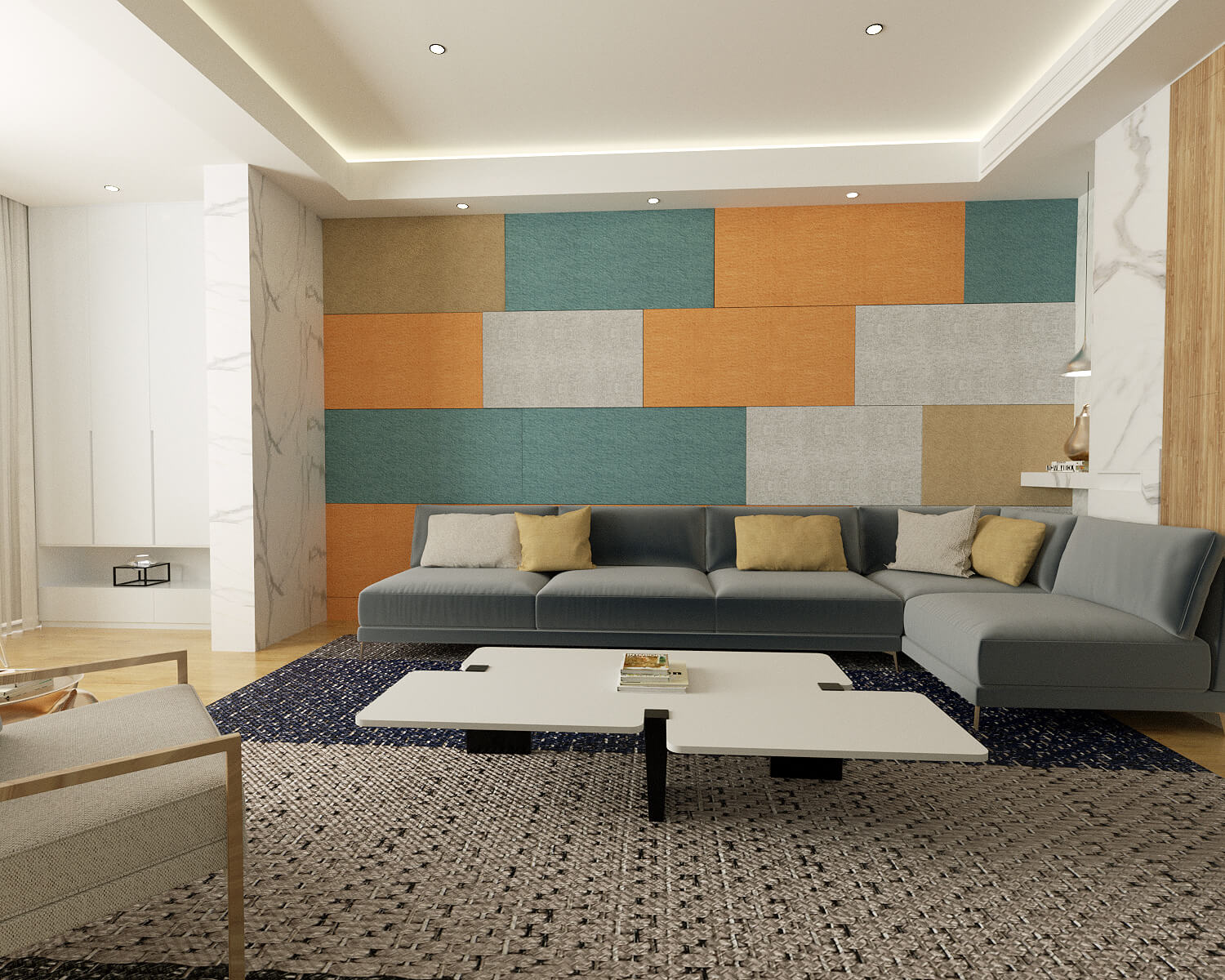This blog article will teach you the benefits of using a polyester fiber acoustic panel. You will also see how these panels can be applied in different areas of your home.
What are the advantages of using a polyester fiber acoustic panel?
There are many benefits to using a polyester fiber acoustic panel in your home. Polyester fiber panels are highly absorbent, soaking up noise and moisture from the air. This makes them ideal for use in areas where ambient noise is a problem, such as kitchens or bathrooms. They’re also lightweight and easy to move, which is great if you need to reconfigure your sound system regularly. Finally, polyester fiber panels are affordable and easy to install.
You are maintaining your acoustic panels throughout ownership.
Maintaining your acoustic panels throughout ownership can be daunting, but it is important to remember that with a little effort, you can keep your panels looking and sounding great. Here are some tips for keeping your acoustic panels looking and sounding their best:
- Regularly clean your acoustic panels – Acoustic panels are susceptible to dirt, dust, and another debris build-up. Make sure to clean them regularly to ensure good sound quality.
- Protect your acoustic panels from scratches – Keep your acoustic panels protected from scratches by using a protective film or coating. This will help prevent glare and damage from occurring.
- Use appropriate mounting methods – Mounting methods can affect the sound quality of an acoustic panel, so make sure to use the right method for the surface you are mounting the panel.
Conclusion
There are a few things you need to consider when it comes to acoustic panels. One of the most important factors is the fiber content – specifically, how much polyester is in the panel. LEEDINGS Polyester fiber is very effective at absorbing sound, which is why acoustic panels made with this material are often used in recording studios and other places where high-volume noise levels are common. Additionally, polyester fiber has a low heat and moisture resistance, making it ideal for use in areas subject to heavy rainfall or humidity.


